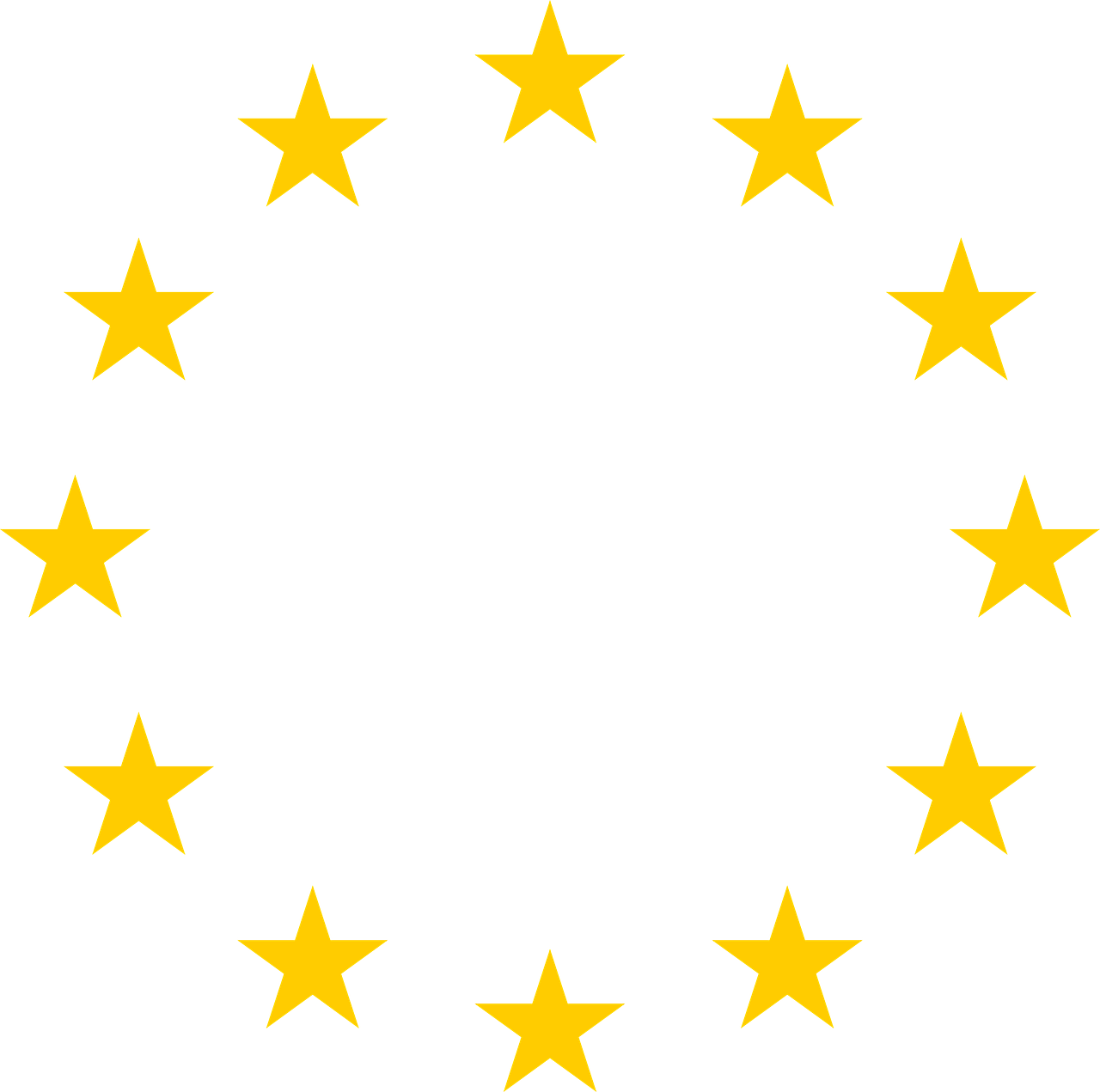ISO 22000
ISO 22000 describes the requirements for a management system which is exclusively related to food safety. This standard does not replace the ISO 9001. ISO 9001 describes all requirements for a holistic quality management system that applies to the entire organization. ISO 22000 is applicable to the whole food and feed chain from primary production to processing and manufacturing, including storage, transport and distribution. ISO 22000 can be an integral part of the ISO 9001 QM system.

Our services
Implementation of a new ISO 22000 management system
We support the development of your ISO 22000 management system or the integration into an ISO 9001: 2015 Quality Management System up to a self-sufficient maintenance by the executives of your organisation
Support in the integration / transition of your existing management systems
Depending on whether you need a single ISO system, or a combined QH&S or QHSE system, we combine your required ISO 22000 systems and restructure your existing system up to a certification by a recognized certification body or for auditing by relevant stakeholders
Promotion of QHSE-relevant staff and internal auditors for the required internal audits (or 2party audits with your suppliers)
Support for the recruitment of qualified personnel
Consultancy for Selection of an accredited certification body
application of ISO 22000
ISO 22000 is applicable to the whole food chain from primary production to processing and manufacturing, including storage, transport and distribution.
Organizations that indirectly influence the food chain, such as For example, machine manufacturers for the food industry, or even manufacturers of detergents and disinfectants, even for packaging manufacturers and pest controllers, the ISO 22000 is applicable:
- Agricultural production (NACE 01 cultivation, livestock, seed)
- Fisheries and aquaculture (NACE 03)
- Production of food semi-finished products for industrial processing (NACE 10)
- Additives for food or feed production, Ingredience (NACE 10)
- Production of animal feed (NACE 10)
- Beverage production (NACE 11)
- Packaging or materials for the packaging of food and feed (eg foils, bags, cups, etc.)
- Cleaning preparations, including external cleaning services in food or feed manufacturing establishments
- Pest control services, pesticides, plant protection products, storage protection products
- Commercial kitchens, catering (restaurants, canteens, catering)
- Manufacture of machinery and equipment for food and beverage production (NACE 28.9)
- Trade (retail, wholesale, intermediate trade)
- Transport or storage of food or feed
certification
A certification of an ISO 22000 Management is a certification of the food safety system. Unlike actual product certification in IFS or BRC standards. There are no explicit detailedrequirements for hygiene measures or operational standards in terms of content
For ISO 22000 these definitions must be mapped by the organization itself based on the analysis of a hazard analysis and the HACCP system.
This requirement requires organization-responsible behavior and sustainable skills in line with ISO 9001, or 14001 and others standards.
Compatibility with the new ISO 9001: 2015 greatly simplifies the integration of ISO 22000 and other standards into an existing quality management system.
preventive program
The ISO 22000 includes operational preventive programs, such as the HACCP plan or TPM systems.
Prerequisite programs (PRP) are food safety system tools required to maintain and maintain a sanitary environment throughout the food chain.
An Operational Prevention Program (OPRP) is a program that has proven to be applicable or necessary in terms of hazard analysis measures to cope with:
- the likelihood of an unauthorized third party entry
- the contamination of products
- the spread of health hazards in the products
- all processing and ancillary conditions
- - cleaning and desinfection
- - water supply
- - transportation, maintenance
Preventive programs continue to include:
- personal hygiene
- pest control
- structural requirements
- supplier control.
The PRPs must be mapped by traceable sources (including industry guidelines, legislation, HACCP guidelines, customer requirements).
Preventive programs, as part of the ISO 22000 system, have to be verified at scheduled intervals (internal audits) and must be constantly adapted and improved

QHSE Management Division Europe

